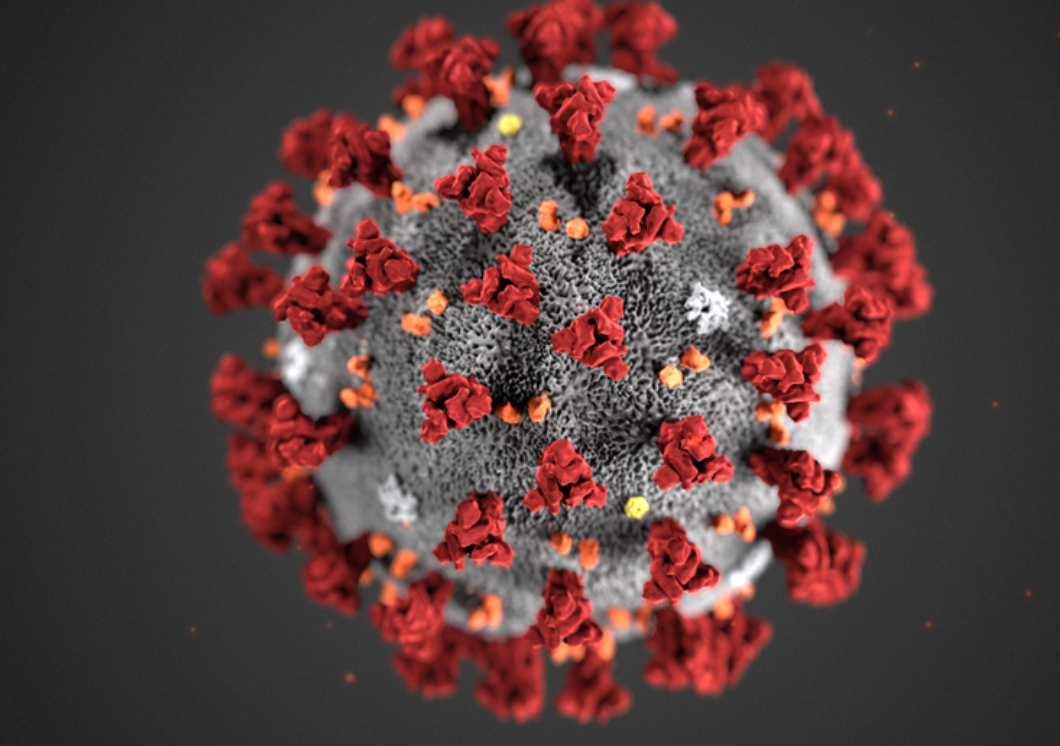Not all unvaccinated Americans' opinions about COVID-19 vaccines are firmly anti-vaccine, as many people are still on the fence, according to a Sept. 1 CNET report. Understanding and addressing this popu lations' concerns in a compassionate manner could be key to raising vaccination rates. (Becker Health IT 9.2.2021)
lations' concerns in a compassionate manner could be key to raising vaccination rates. (Becker Health IT 9.2.2021)
The media often highlights the most extreme anti-vaccine voices, but many unvaccinated Americans aren't so resolute. Many people who are eligible to receive a vaccine but haven't gotten one are still grappling with their concerns, some of which have been fueled by the rapid online spread of health misinformation, according to vaccine expert Peter Hotez, MD, PhD.
About 52 percent of the U.S. population has been fully vaccinated against COVID-19, according to CDC data updated Sept. 1. White evangelical Christians and people younger than 65 who don't have health insurance are the most likely to say they're "definitely not" getting vaccinated against COVID-19, according to research conducted by the Kaiser Family Foundation. Younger adults ages 18-29 are also more likely.
The Kaiser Family Foundation found that the key demographic differences between people who are adamantly opposed to getting vaccinated and those who are still on the fence lie in Americans' racial, ethnic, religious and political identities.
For example, white adults make up 50 percent of unvaccinated Americans who are on the fence, but white adults make up 65 percent of unvaccinated Americans who are adamantly opposed to getting vaccinated. White evangelical Christians make up nearly twice the share (32 percent) of the group who says they definitely won't get vaccinated compared to the group that is unsure.
Some common reasons for vaccine hesitancy include distrust in the media to provide quality information about the vaccines, distrust in American medicine stemming from racist trials testing experimental treatments, uncertainty about the vaccines' long-term side effects and worries about how rapidly the vaccines were developed.
Addressing these concerns with evidence-based information without coming off as condescending could be an effective way to persuade hesitant individuals to get vaccinated, according to pediatrician Rhea Boyd, MD, who founded a campaign in which Black and Latinx healthcare workers provide information and combat misinformation about vaccines. Four in 10 people who are on the fence about COVID-19 vaccination are people of color, according to Kaiser Family Foundation data.
Full article here>
Download copy of article here>
###
